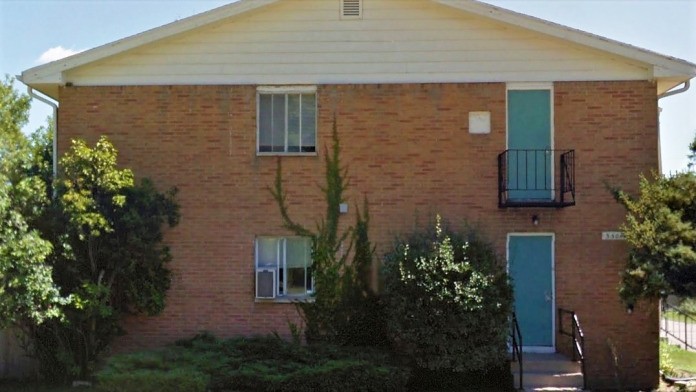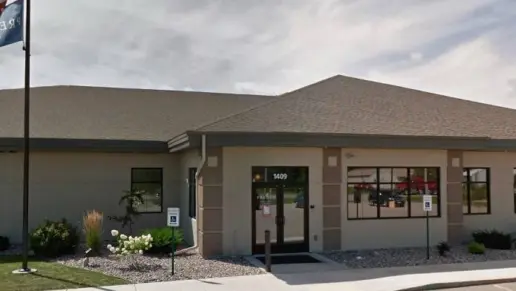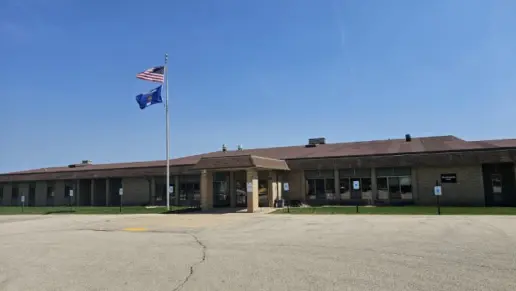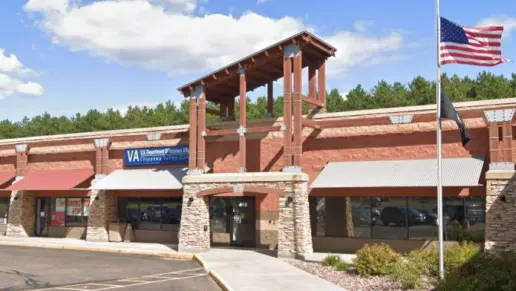About Attic Correctional Services Inc
Attic Correctional Services is a residential drug and alcohol addiction recovery program for adults in Madison, Wisconsin who are involved in the criminal justice system. They provide residents an alternative to prison or jail and offer intensive addiction recovery support as a condition of their jail diversion. The cost of your care may be covered in full or in part by public funds, donations, and financial aid. Their mission is restorative justice.
Attic Correctional Services is a residential drug and alcohol addiction recovery program for adults in Madison, Wisconsin who are involved in the criminal justice system. They provide residents an alternative to prison or jail and offer intensive addiction recovery support as a condition of their jail diversion. The cost of your care may be covered in full or in part by public funds, donations, and financial aid. Their mission is restorative justice.
You may enter their halfway house after you leave incarceration or rehab or you may go there instead of being sentenced to imprisonment. You’ll have a lot of structure, support, and supervision and you’ll be required to abide strictly by all the house and program rules in order to avoid going or returning to jail.
This is probably going to include significant mental health care and individual, group, and maybe even family counseling to help you get to the root of your problems. You’ll learn to understand and resolve the past traumas and the emotional and psychological factors that might have contributed both to your criminal behavior and your substance addiction.
You’ll also learn critical life skills to help you build and maintain a sober lifestyle and to become a productive member of your family, community, and the workforce. They place a major emphasis on job readiness and you’ll be expected to get your education, learn a marketable trade, or find and maintain a steady job and a stable home. The good news though is that they’ll help you at every step of that process to make sure you’re able to support yourself, have a healthy and substance free place to live, and are unlikely to fall back into the patterns that got you into trouble with the law in the first place.
Their Kipling Street location is also called the Schwert AODA Treatment Center.
Latest Reviews
Rehab Score
Gallery

Location
Other Forms of Payment
Self-pay involves paying for treatment out of your own pocket. You can use savings or credit, get a personal loan, or receive help from family and friends to fund your treatment. If you don't have insurance or your insurance plan doesn't cover a specific program, self-pay can help ensure you still get the care you need.
Addiction Treatments
Levels of Care
Treatments
The goal of treatment for alcoholism is abstinence. Those with poor social support, poor motivation, or psychiatric disorders tend to relapse within a few years of treatment. For these people, success is measured by longer periods of abstinence, reduced use of alcohol, better health, and improved social functioning. Recovery and Maintenance are usually based on 12 step programs and AA meetings.
The goal of drug rehab in Wisconsin is to address drug addiction as a complex issue that involves physical, mental, and relational aspects. During rehab, treatment focuses on each of these areas and gives you the tools you need to achieve and maintain sobriety.
A combined mental health and substance abuse rehab has the staff and resources available to handle individuals with both mental health and substance abuse issues. It can be challenging to determine where a specific symptom stems from (a mental health issue or an issue related to substance abuse), so mental health and substance abuse professionals are helpful in detangling symptoms and keeping treatment on track.
Opioid rehabs specialize in supporting those recovering from opioid addiction. They treat those suffering from addiction to illegal opioids like heroin, as well as prescription drugs like oxycodone. These centers typically combine both physical as well as mental and emotional support to help stop addiction. Physical support often includes medical detox and subsequent medical support (including medication), and mental support includes in-depth therapy to address the underlying causes of addiction.
Programs



Clinical Services
Cognitive Behavioral Therapy (CBT) is a therapy modality that focuses on the relationship between one's thoughts, feelings, and behaviors. It is used to establish and allow for healthy responses to thoughts and feelings (instead of unhealthy responses, like using drugs or alcohol). CBT has been proven effective for recovering addicts of all kinds, and is used to strengthen a patient's own self-awareness and ability to self-regulate. CBT allows individuals to monitor their own emotional state, become more adept at communicating with others, and manage stress without needing to engage in substance abuse.
Group therapy is any therapeutic work that happens in a group (not one-on-one). There are a number of different group therapy modalities, including support groups, experiential therapy, psycho-education, and more. Group therapy involves treatment as well as processing interaction between group members.
In individual therapy, a patient meets one-on-one with a trained psychologist or counselor. Therapy is a pivotal part of effective substance abuse treatment, as it often covers root causes of addiction, including challenges faced by the patient in their social, family, and work/school life.
Trauma therapy gives you the opportunity to understand and manage the emotional and physical responses that often follow witnessing or experiencing a traumatic event. Working with an experienced and trained therapist, you can process the events of the trauma and develop healthier coping strategies to reduce your symptoms.
During couples therapy, you will engage in activities that promote forgiveness, healthy communication, and understanding. You'll receive "homework" to practice these skills during the week between sessions. Couples therapy typically lasts around 12 weeks.
Research clearly demonstrates that recovery is far more successful and sustainable when loved ones like family members participate in rehab and substance abuse treatment. Genetic factors may be at play when it comes to drug and alcohol addiction, as well as mental health issues. Family dynamics often play a critical role in addiction triggers, and if properly educated, family members can be a strong source of support when it comes to rehabilitation.
Life skills trainings involve all the skills a person must have in order to function successfully in the world. These include time management, career guidance, money management, and effective communication. Truly successful addiction recovery is based on the ability to not only live substance-free, but to thrive. Life skills teaches the practical necessities of functioning in society, which sets clients up for success in life, and therefore sobriety.
Staff

President & CEO

VP of Operations

Clinical Services Director

Residential Program Director
Contact Information
3501 Kipling Drive
Madison WI, 53704


